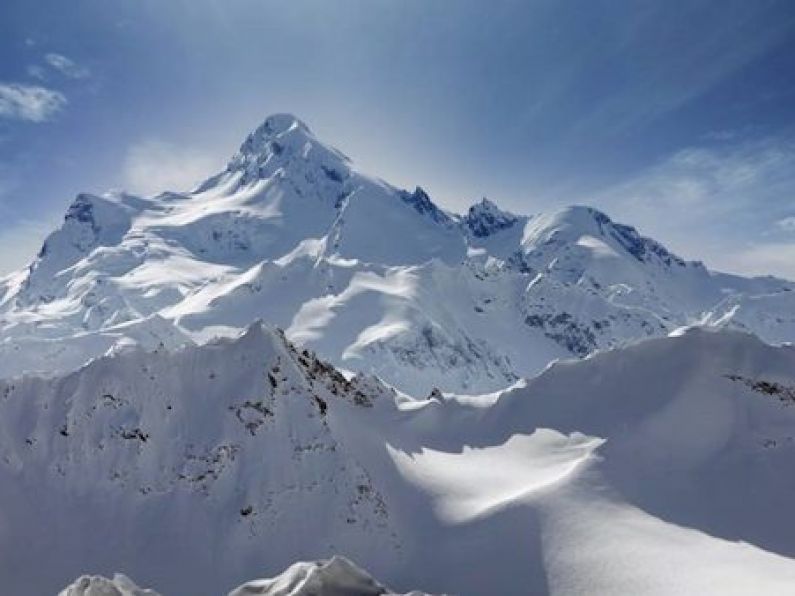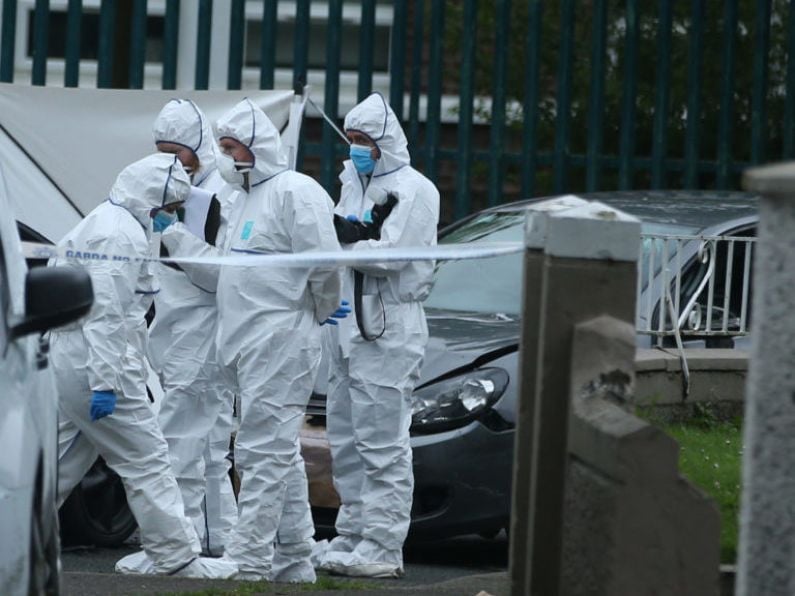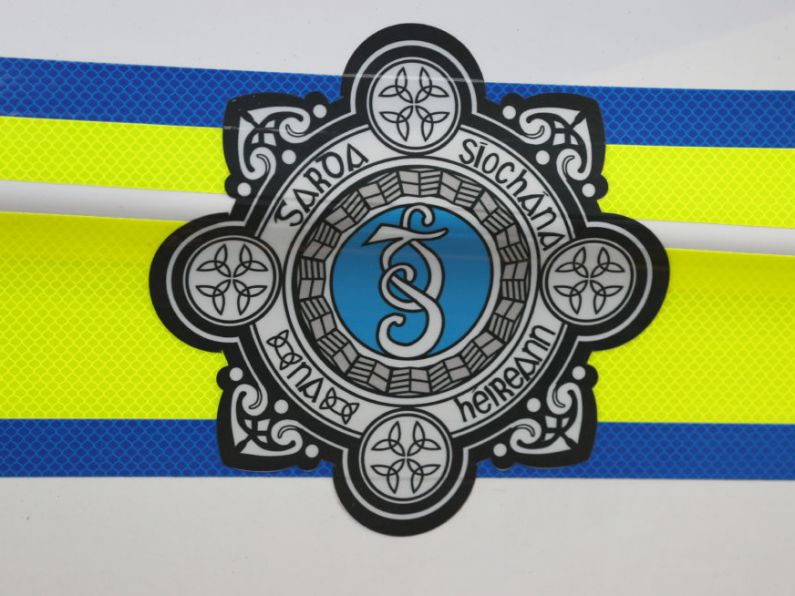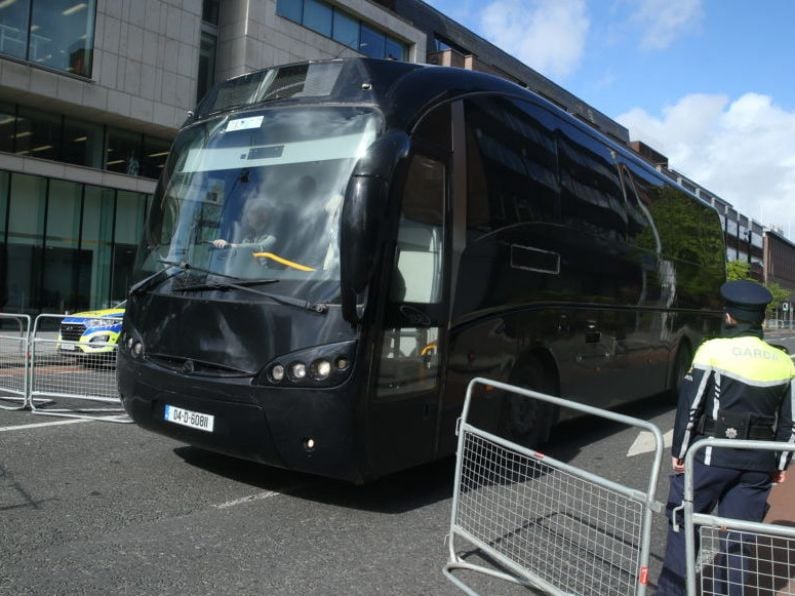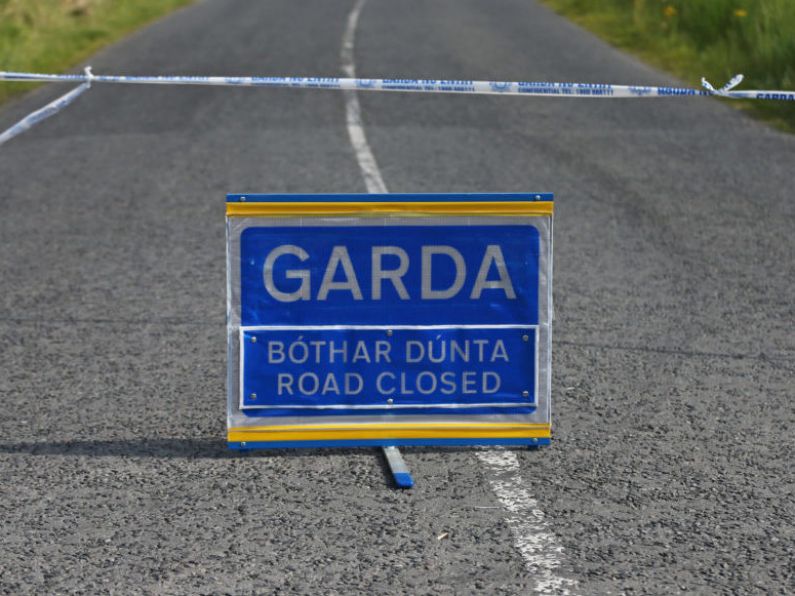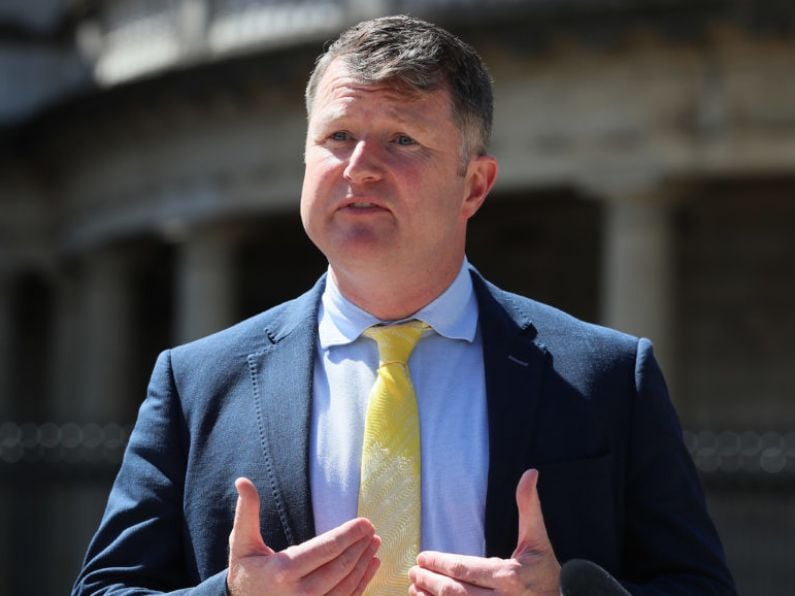Tributes have been paid to an Irish mountaineer who died after his climbing team was caught in bad weather on the southern Russian peak of Mount Elbrus, Europe’s highest mountain.
Father of three Alan Mahon (40) of Monasterevin, Co Kildare, who died on Sunday, had been with a five-man Irish group attempting the north route of Mount Elbrus last week.
His fellow climbers, Keith McDonnell from Meath, Des Mulvihill and Robert Forbes, both from Longford and Oliver Greene, from Westmeath, are safe and well, but have said they are “heartbroken at the loss of our friend and teammate”.
“We extend our sincere sympathy to his family at this very difficult time,” the four climbers said in a statement.
The four men said that while camping at 5,300m, close to the 5,642m summit of Mount Elbrus, the weather conditions deteriorated rapidly, and they were forced to take refuge in a nearby emergency hut for two nights.
“On the second day, we were joined by a Russian climbing team led by an experienced local guide,” they said.
“On Sunday June 30 we made a collective decision to descend when a small weather window provided sufficient visibility to do so safely. The team appeared strong and in good spirits during the descent,”they said.
“Unfortunately Alan’s condition started to deteriorate during that descent,”they said. A mountain rescue team met their group and gave medical assistance.
Our other team members all descended safely; however Alan sadly passed away despite the best efforts of all, including the mountain rescue team.
The group paid tribute to the mountain rescuers for their response.
The Department of Foreign Affairs has said it “is aware of the case and is providing consular assistance.
The Russian Embassy in Dublin also said it was aware of the case and had been in touch with the Embassy of Ireland in Russia.
Mount Elbrus is a twin-peak volcanic mountain, the tallest in the Caucasus, and one of the world’s seven highest summits. It was first successfully ascended by a British expedition in 1874.
Some 350,000 climbers, walkers and tourists visit the region every year, but over 50 people have died in avalanches since 2002, as glaciers retreat due to climate change.
Irish international mountain leader Bren Whelan of Donegal Climbing, who is one of many Irish to have made the ascent of Elbrus, said it is “very exposed”.
“We climbed it in 2004, at this time of year, and the conditions were very bad,”he recalled.
Poor visibility makes it difficult for large groups to remain together.
“We navigated to and from the summit in white out, on the edge of a major storm. For anyone lost up there, they would be very exposed to the elements, with no natural shelter available,” Mr Whelan said.
Irish climber Paul Devaney of Seven Summits Solutions said he was on Mount Elbrus in June, 2008, as part of a team of four via the south route in “pretty cold conditions”.
“The climb is generally straightforward and non-technical but the weather can be fierce and unforgiving, rapidly changing the risk level,” Mr Devaney said.
Mr Mahon’s death brings to three the number of Irish climbers who have died on high altitude mountains this season.
Trinity College Dublin academic Seamus Lawless (39), father of a four-year-old daughter, from Bray, Co Wicklow fell while on the descent from summiting Mount Everest by its southern route on May 16.
Kevin Hynes (56) a father of two from Galway, died on May 24 after he became ill while on the northern side of Everest in Tibet.
